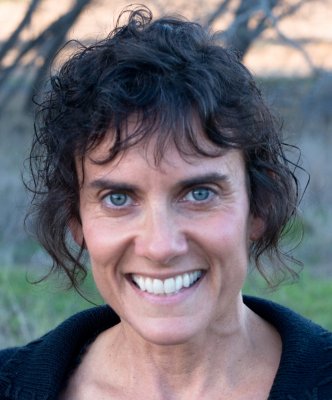
Dr. Linda Elder is an educational psychologist and a prominent authority on critical thinking. She is President of the Foundation for Critical Thinking and Executive Director of the Center for Critical Thinking. Dr. Elder has taught psychology and critical thinking at the college level and has given presentations to more than 50,000 educators at all levels. She is author of Critical Thinking Therapy: For Happiness and Self-Actualization (2025) and Liberating the Mind: Overcoming Sociocentric Thought and Egocentric Tendencies (2019), and she has coauthored four books (including 30 Days to Better Thinking and Better Living Through Critical Thinking, Fact Over Fake: A Critical Thinker’s Guide to Media Bias and Political Propaganda, and Critical Thinking: Tools for Taking Charge of Your Professional and Personal Life) as well as 24 Thinker's Guides.
Dr. Elder has developed an original stage theory of critical thinking development. Concerned with understanding and illuminating the relationship between thinking and affect, as well as the barriers to critical thinking, Dr. Elder has placed these issues at the center of her thinking and her work.
With experience in both administration and the classroom, Dr. Elder understands firsthand the problems facing educators, administrators, and business leaders. She is a dynamic presenter who reaches her audience on a person-to-person level.
To contact Dr. Linda Elder, please email lindaelder@criticalthinking.org.
{"id":"2444","title":"","author":"","content":"<p style=\"text-align: center;\"> </p>\r\n<p><img style=\"float: right;\" src=\"https://www.criticalthinking.org/data/courses/LE_by_Briggs1_cropped_1.jpg\" alt=\"\" width=\"332\" height=\"400\" /></p>\r\n<p><span style=\"font-size: medium;\">Dr. Linda Elder is an educational psychologist and a prominent authority on critical thinking. She is President of the Foundation for Critical Thinking and Executive Director of the Center for Critical Thinking. Dr. Elder has taught psychology and critical thinking at the college level and has given presentations to more than 50,000 educators at all levels. She is author of <em><span style=\"font-size: large;\">Critical Thinking Therapy: For Happiness and Self-Actualization </span></em>(2025) and <em><span style=\"font-size: large;\">Liberating the Mind: Overcoming Sociocentric Thought and Egocentric Tendencies</span></em> (2019), and she has coauthored four books (including <em><span style=\"font-size: large;\">30 Days to Better Thinking and Better Living Through Critical Thinking, </span></em><em><span style=\"font-size: large;\">Fact Over Fake: A Critical Thinker’s Guide to Media Bias and Political Propaganda, </span></em>and<em> <span style=\"font-size: large;\">Critical Thinking: Tools for Taking Charge of Your Professional and Personal Life) </span></em>as well as 24 Thinker's Guides.</span></p>\r\n<p><span style=\"font-size: medium;\">Dr. Elder has developed an original stage theory of critical thinking development. Concerned with understanding and illuminating the relationship between thinking and affect, as well as the barriers to critical thinking, Dr. Elder has placed these issues at the center of her thinking and her work.</span></p>\r\n<p><span style=\"font-size: medium;\">With experience in both administration and the classroom, Dr. Elder understands firsthand the problems facing educators, administrators, and business leaders. She is a dynamic presenter who reaches her audience on a person-to-person level.</span></p>\r\n<p><span style=\"font-size: medium;\">To contact Dr. Linda Elder, please email <a href=\"mailto: lindaelder@criticalthinking.org\" target=\"_blank\"><span style=\"text-decoration: underline;\"><strong>lindaelder@criticalthinking.org</strong></span></a>.</span></p>","public_access":"1","public_downloads":"1","sku":"","files":[],"images":[]}
For more detailed biographical information on Linda Elder, download the file at the link below:
{"id":"2445","title":"Additional Biographical Information on Linda Elder","author":"","content":"<p><span style=\"font-size: medium;\">For more detailed biographical information on Linda Elder, download the file at the link below:</span><br /> <br style=\"clear: both;\" /></p>","public_access":"1","public_downloads":"1","sku":"","files":[{"id":"493","filename":"data/pages/14/fd4e6f74cc717ed36a9faccc870b8a2e4fe0bd688b279.pdf","realfilename":"data/pages/14/fd4e6f74cc717ed36a9faccc870b8a2e4fe0bd688b279.pdf","title":"Linda Elder Biographical Information","order":1}],"images":[]}
